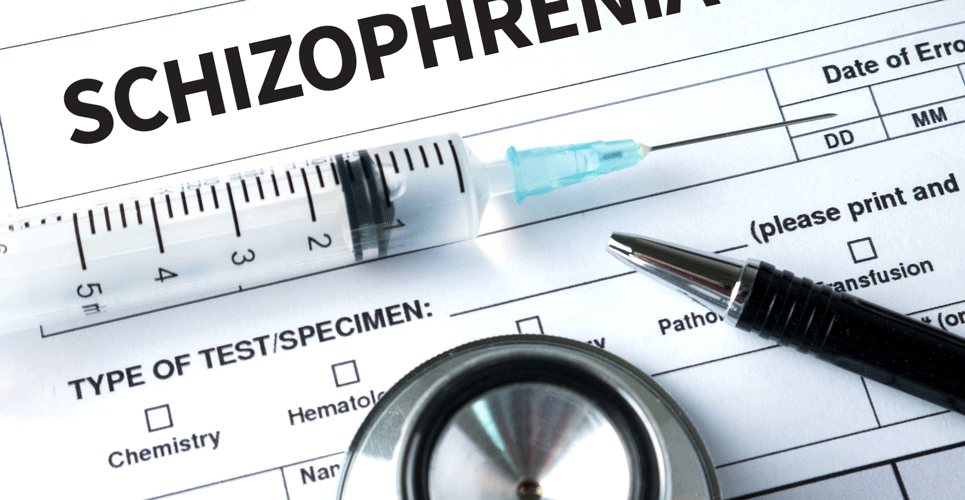Byannli (paliperidone palmitate) has received EMA approval for use as a twice-yearly injectable dosing regime in patients with schizophrenia
Byannli (paliperidone palmitate) represents the first long-acting injectable agent to be approved by the European Medicine Agency (EMA) for the maintenance treatment of schizophrenia in adult patients, deemed clinically stable and already prescribed injectable paliperidone palmitate given either monthly or 3‑monthly.
Schizophrenia is best described as a chronic and severe mental illness and which affects around 20 million people across the globe. The illness is itself is characterised by symptoms including distorted thinking, perception, emotions, language, sense of self and behaviour. Typically, patients with schizophrenia experience hallucinations, such as seeing or hearing things which are invisible or inaudible to others together with fixed and false beliefs, i.e., delusions. Normally, affected individuals have an initial period in which some deterioration in personal functioning and emergence of negative symptoms occurs, followed by an acute phase with both positive and negative symptoms that can interfere with daily functioning.
Treatment is directed at reducing the acute phase symptoms with the aim of returning patients to their normal state. However, for many individuals, non-adherence to treatment is a major barrier to successful disease control with identified drivers of non-adherence including lack of insight, medication beliefs and substance abuse. These factors combine to increase the risk of relapse and in fact, treatment relapse with a gap of between 11 and 30 days has been associated with a nearly three-fold increased risk of hospitalisation. Consequently, most patients with schizophrenia require maintenance treatment.
Treatment of schizophrenia involves the use of anti-psychotic agents such as Byannli (paliperidone palmitate), which is available as both an oral an injectable form and has usually been administered either monthly or three-monthly. A clear advantage of long-acting over oral therapy, particularly among schizophrenic patients, is that blood levels of the drug remain stable over time, which reduces the risk of a relapse.
Clinical efficacy
The EMA approval was based on the results of the Route 6 study with paliperidone palmitate in 702 adults (ages 18–70) with schizophrenia. The purpose of the study was to show that the efficacy of 6-monthly, PP6M (700 or 1000mg) of Byannli were non-inferior to a three-monthly (PP3M) regime preventing relapse in participants with schizophrenia who were previously stabilised on corresponding doses of the drug given either monthly (100 or 150mg) or three-monthly (350 or 525mg). In the trial all stabilised adult patients (n=702) were randomised in a 2:1 ratio to receive a six-monthly (n = 478) or three-monthly (n = 224) dose of the drug. The primary outcome was the time to first relapse which was defined as psychiatric hospitalisation, increase in positive and negative syndrome scale (PANSS) total score, increase in individual PANSS item scores, violent behaviour resulting in self-injury or suicidal/homicidal ideation.
The results showed non-inferiority of PP6M compared with PP3M on the primary endpoint of time to first relapse at the end of the 12-month period. Results showed that 92.5% of patients treated with PP6M and 95.1% treated with PP3M were relapse-free at 12 months. In addition, the safety profile observed for PP6M was consistent with previous studies with no new safety signals emerging.
The EMA approval follows a similar approval by the FDA in September 2021.
Source. Janssen press release November 2021

